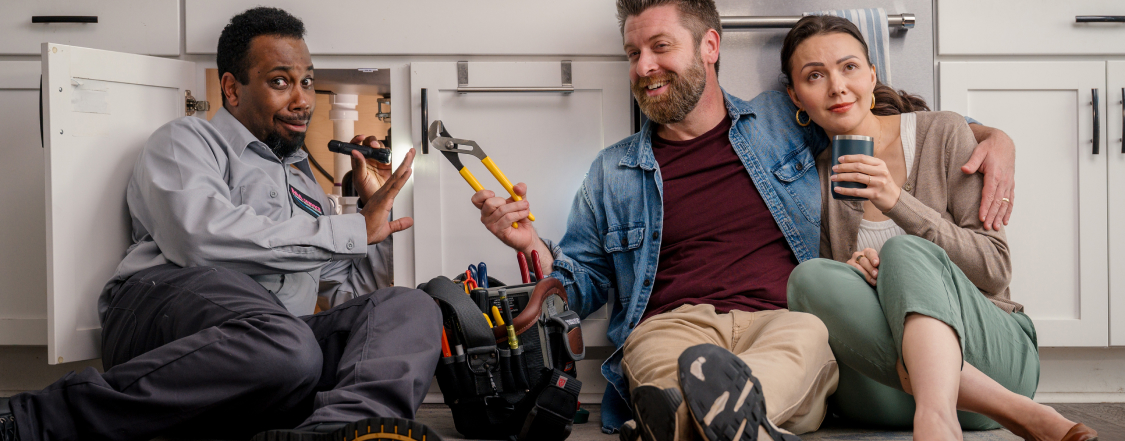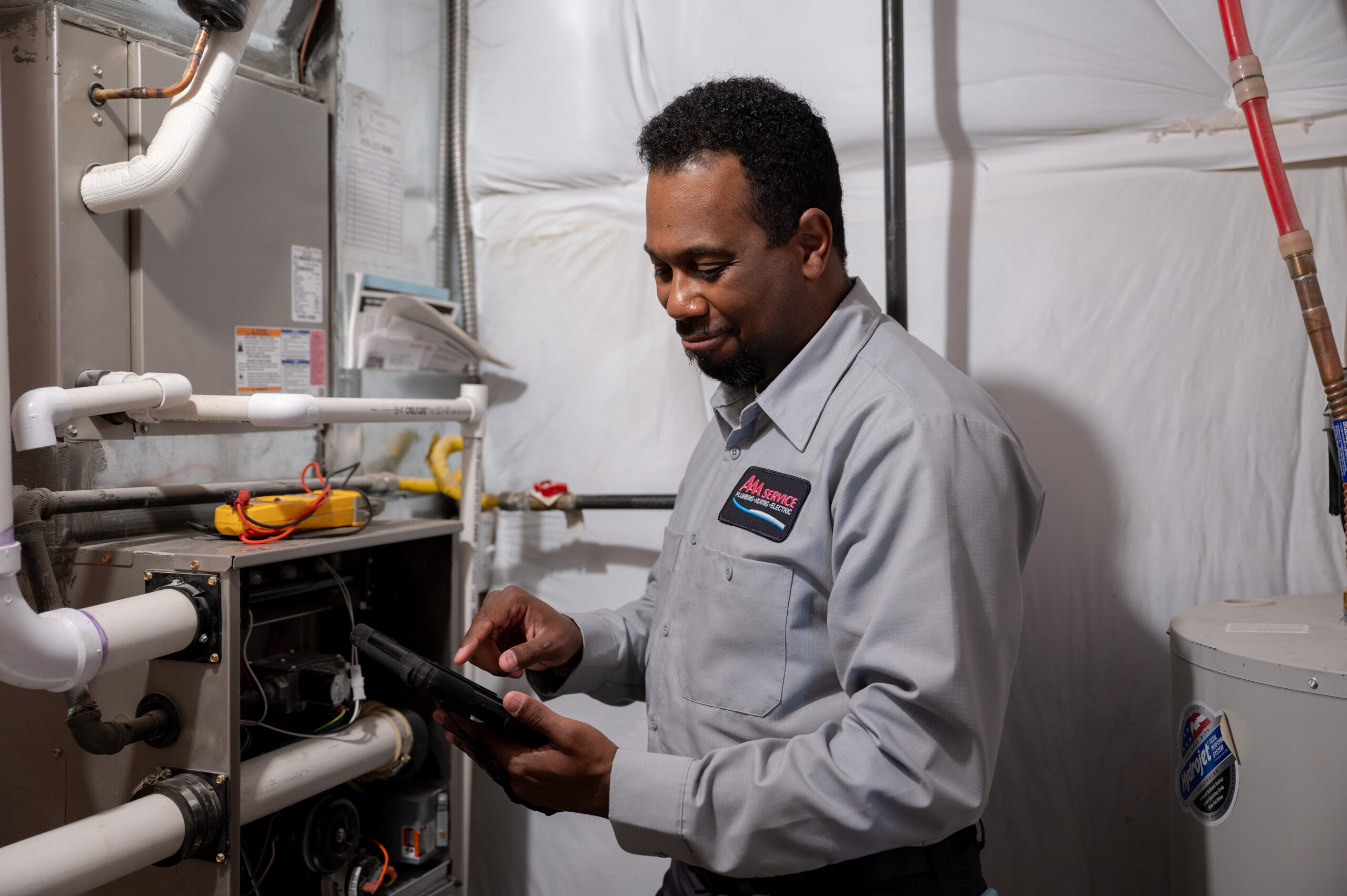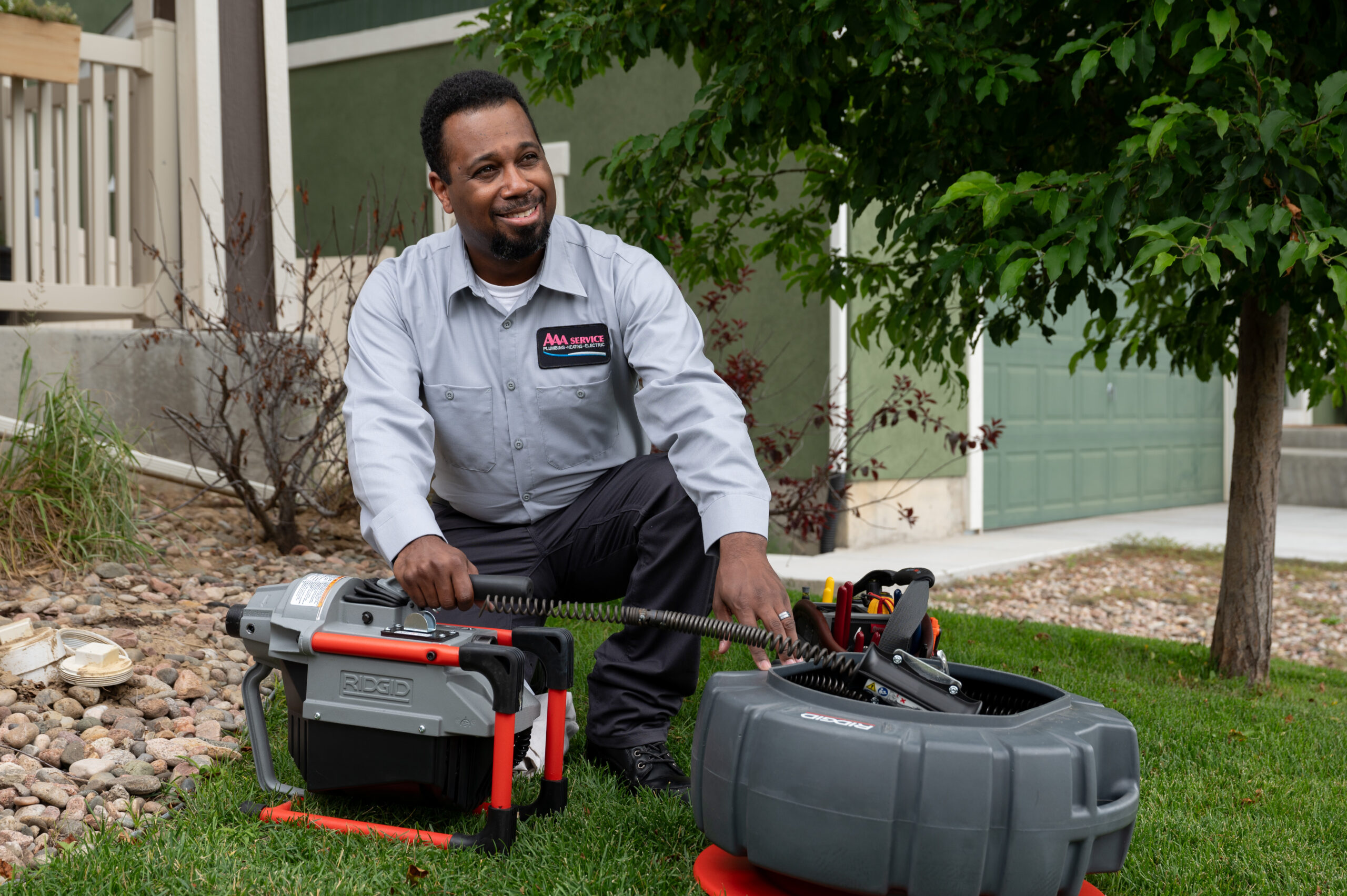Everyone wants to be able to reduce their energy bill. While you could go around unplugging your electronic devices and turning off your lights, there are better ways to reduce energy consumption than sitting in the dark without anything to do. But before you can determine how best to reduce your utility expenses, you have to know what’s sucking the most power in the first place. Keep reading to learn what draws the most electricity in your home, and remember that you can always count on AAA Service Plumbing, Heating & Electric for all the essential electrical services you need.
Appliances That Use the Most Electricity
For more information on electrical habits, call AAA Service Plumbing, Heating & Electric at (303) 313-3333, or click here to send us a message online.








